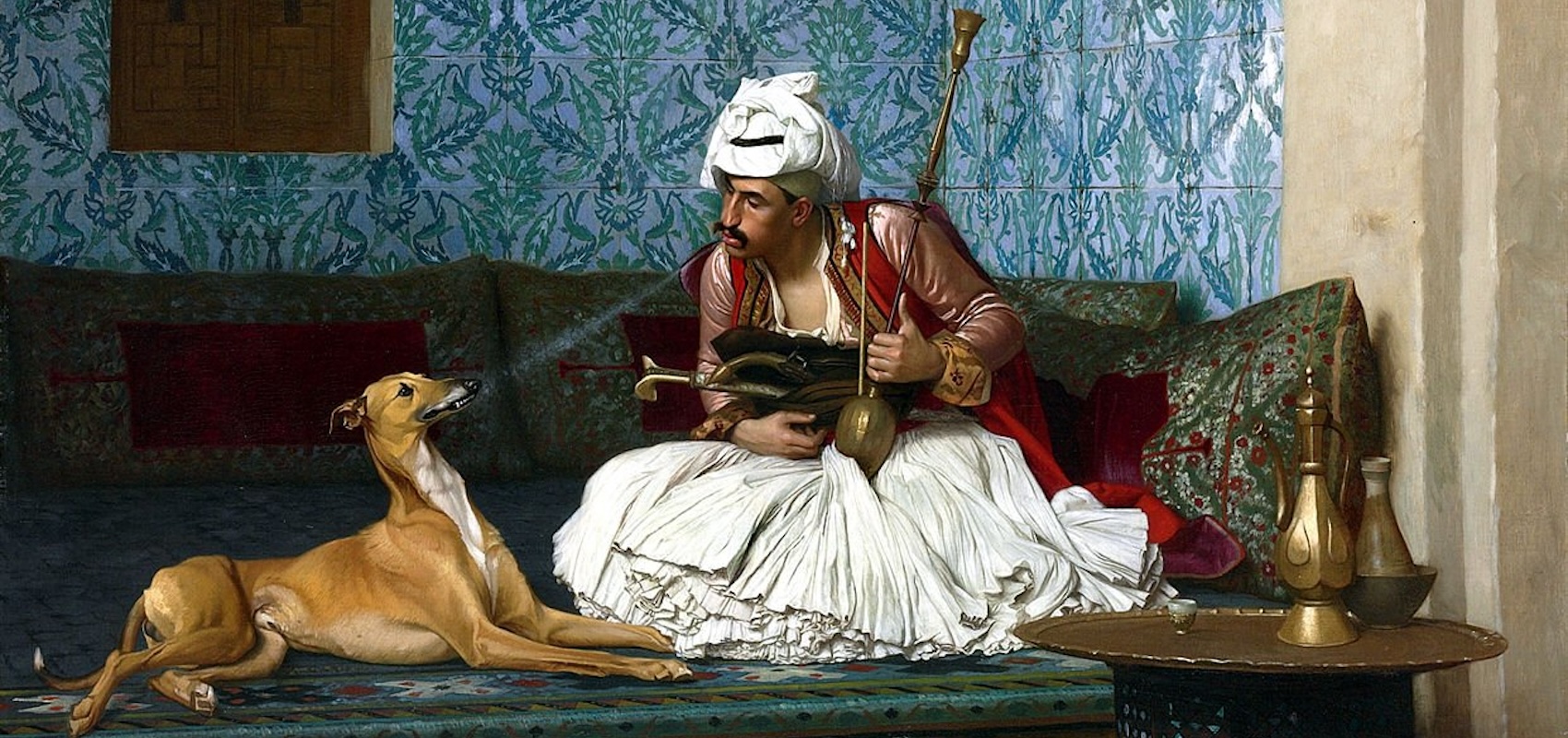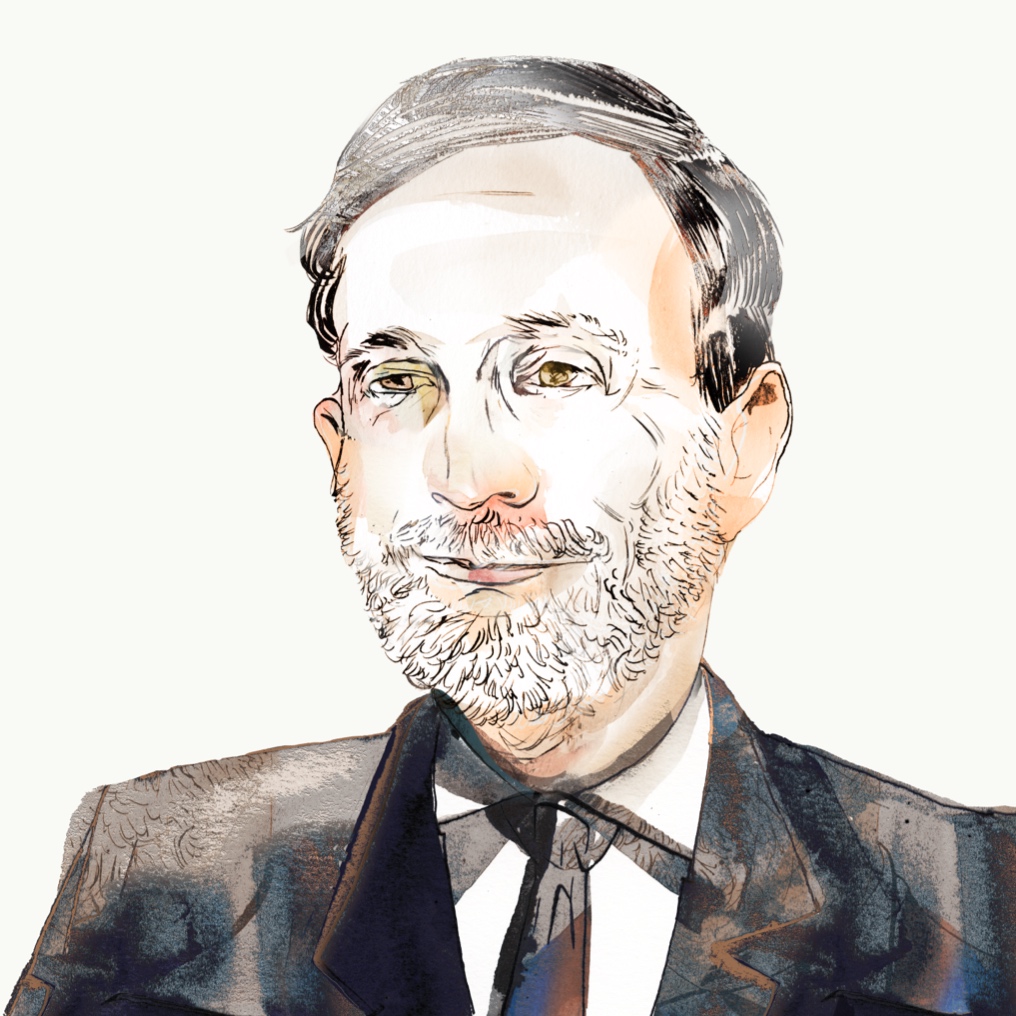
A case study in brain-dead deconsolidation: marijuana legalization. Marijuana has been legal in New York State since 2021. In 2025, nearly half of the states in the Union have made weed legal and widely accessible. Ongoing efforts to normalize marijuana use represent a grotesque failure of political leadership. Our elites are determined to erode what remains of moral norms and abandon the weakest and most vulnerable to self-destructive behavior.
New York and other states have not just legalized marijuana. They spend money to promote its production and sale. As Steven Malanga reports in a recent Wall Street Journal opinion essay (“It’s High Times for the State-Subsidized Pot Businesses”), New York State has allocated $5 million “to train community-college students how to grow, market, and retail pot.” Maryland’s idea of reparations is to fund programs for marijuana entrepreneurs at its historically black colleges. “Illinois state colleges offer courses in ‘applied cannabis studies.’”
Pot promotion hits the bottom of society the hardest. Malanga notes: “A national Gallup poll last year found that those earning less than $24,000 annually were twice as likely as those with annual household income above $90,000 to smoke pot.” The young are swept into drug abuse. “The portion of the population 19 to 30 using pot in the past 30 days has increased to 28.7% from 16.6% since 2012,” the year in which Washington and Colorado became the first states to legalize marijuana.
Advocates claimed the legalization would put an end to drug dealing in the shadows. This has not happened. Malanga: “A 2022 study by Whitney Economics estimated that three quarters of pot consumed in the U.S. originated in the black market.” Legalization has removed the stigma, but it has not diminished the criminality.
Another promise was that black men, often black-market purveyors of pot, would no longer be subject to “over-incarceration,” which was said to do grave harm to poor black communities. Legalization has come at a great cost, however. Cannabis-use disorder is a debilitating condition not unlike alcoholism. “According to the 2023 National Survey on Drug Use and Health, more than a fifth of blacks 18 to 25 suffer from the disorder.” According to the New York Office of Addiction Services, black adults constitute 37 percent of admissions to marijuana treatment programs, although blacks represent 18 percent of the state’s population.
Over the last thirty-five years, the leadership class of the United States did nothing to stem the avalanche of internet pornography. They countenanced the expansion of gambling, which is now universally available online. Only with the inauguration of Donald Trump have any serious measures been taken to address the tidal wave of fentanyl.
There are deeper failures. For decades, our elites have waved the rainbow flag. University professors preach about the evils of the “patriarchal family.” The New Yorker publishes gee-whiz articles about polyamory. Meanwhile, homeless encampments metastasize in many cities. I’m confident that very few residents of these encampments are from intact homes, and many have horrifying stories to tell about domestic violence and abuse. Our elites have overseen the destruction of traditional norms, at great cost to those at the bottom of society.
The Catholic diocese of Charlotte erupted in late spring. On May 23, the local ordinary, Bishop Michael Martin, announced a policy, the purpose of which was to “complet[e] the implementation of Traditionis custodes,” the 2021 motu proprio by Pope Francis designed to stamp out the traditional Latin Mass. On Bishop Martin’s order, the old Mass was to be suppressed in all parishes, aside from a chapel to be established in Mooresville, North Carolina.
Like many other dioceses, Charlotte has seen growing interest in the Latin Mass, especially among young Catholics. In the wake of Traditionis Custodes, several parishes in the diocese applied to Rome for permission to continue to offer the Old Mass, and permission was granted, as it has been in other dioceses. In view of this history, Bishop Martin’s blanket order to shut down traditional communities of worship was not well received. An uproar ensued. Bishop Martin temporized. He has announced a ninety-day delay before implementing his plan of suppression.
Martin is new to Charlotte. He was installed a little over a year ago. But he apparently came with very definite ideas about what the good people of that diocese need. In his first year, he developed a document meant to “reform” liturgical practice. It included prohibiting the use of altar rails, which encourage the apparently dangerous spiritual temptation to kneel while receiving the Eucharist.
It’s not just altar rails and the dreaded prospect of pious young people kneeling. The Pillar reports that “Martin had originally contemplated a far broader swath of liturgical restrictions related to the ordinary form of the Mass, among them a prohibition on Roman style vestments, altar crucifixes and candles . . . , the use of the Latin language, and the recitation of vesting prayers [by priests].” Bishop Martin seems determined to drive out any hint of the sacred.
In the event, the presbyteral council of the diocese and chancery officials convinced Bishop Martin that conducting a jihad against a return to tradition was unwise. The return to tradition is a trend throughout American Catholicism. Though deterred in this instance, by all accounts Bishop Martin is not a man who lacks confidence in his spiritual intuitions. He was dissuaded from his comprehensive enforcement of liturgical banality, but one wonders for how long.
To anti-traditional zeal, this new bishop adds an unfortunate love of his own authority. In January of this year, an anonymous letter circulated in the diocese, outlining concerns including “arbitrary micromanagement” and an “autocratic approach.”
Bishop Martin also has a penchant for placing himself in the spotlight. My sources tell me that in diocesan communications and at public events, the message is: “Bishop Martin! Bishop Martin! Bishop Martin!” Sadly, it seems that Bishop Martin is a spiritual ideologue, the mirror image of the liturgical traditionalists who insinuate (and sometimes openly assert) that the new Mass is illegitimate and Vatican II is suspect. And like many ideologues, he’s willing to pull every lever to smash opposition. It’s a classic case of clerical malpractice.
The Church’s Answer to the World (ft. Carter Griffin)
In the latest installment of the ongoing interview series with contributing editor Mark Bauerlein, Fr. Carter Griffin…
An Important Civics Lesson, Well Taught
The permanent exhibit in the rotunda of the National Archives in Washington, D.C., includes original copies of…
Undermining the Church’s Public Witness
Bishop Thomas J. Paprocki recently wrote in these pages that the Archdiocese of Chicago’s plan to grant…


